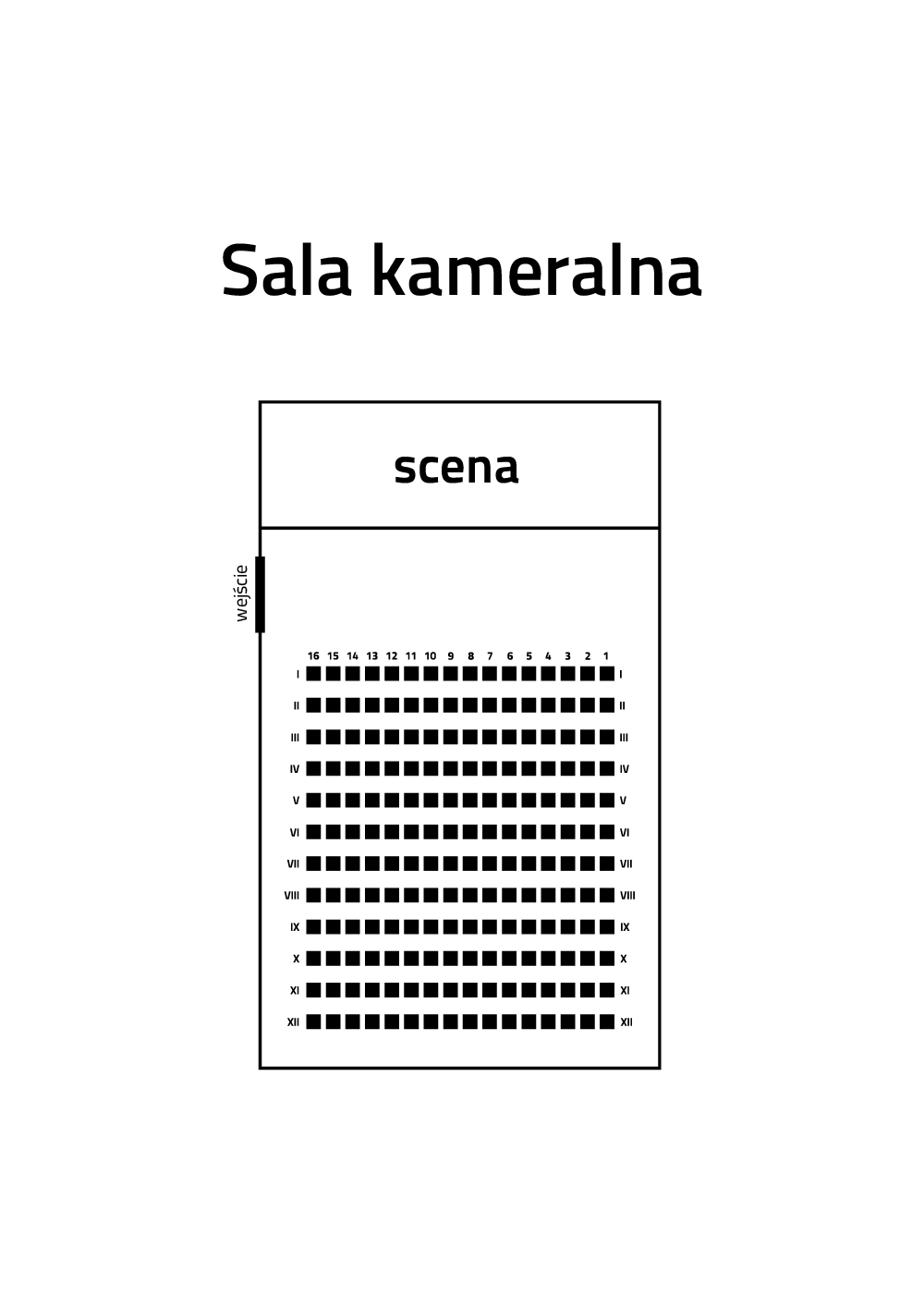If someone comes up with the ridiculous idea of becoming a professional musician, they will stand before two choices. The first: education at all levels of the music ladder, i.e. exams, shows, contests, points, anguish and inspiration, and in the end ... the work of a music teacher. What’s important, this option is all about the perfect execution of works from the canon of literature. The other way is to get the most out of music. Improvisation. Rejection of comparisons and the ubiquitous pursuit of perfection. The pure pleasure of experiencing music, extremely distant from the world, which symbolizes the International Fryderyk Chopin Piano Competition in Warsaw. The other way, was chosen by Marcin Masecki.
Marcin Masecki is a pianist, composer and arranger. Although he derives from the world of classical music, he constantly amazes with his free movement through the worlds of jazz, classics, experimental, and even pop. His path is extremely interesting and may indeed be proof there is a world beyond the reality of the craving and stress associated with music contests. Marcin comes from a musical family where from his earliest years classical music naturally sounded, i.e. works by Mozart, Beethoven, Bach and Chopin . But soon he became interested in synched or jazz music. The Alchemist formation, study at the prestigious Berklee College of Music in Boston, and especially the experience of West African ethnic music (not knowing the boundaries of jazz, classics, etc.) led the young artist to improvised and experimental art. His recordings of Bach's fugues, performed on a specially prepared but slightly undertuned Steinway of his grandmother, along with the noise and compression of a voice recorder, are all undertakings from the "piano preparation" technique. The artist achieves the effect anyway – the listener does not focus on the sound, but rather on the structure of the fugue, which yet is most important in this case.
Will my Mazurka rhythms be sufficiently Mazurish? Will tempo rubato work? Will I be able to express "Polish willow" in my interpretation? While these questions disturb the sleep of young artists who struggle with Chopin's pianistic works, Marcin Masecki does not struggle with it. He simply plays Chopin as if children were singing songs in the yard. His latest project is a recording of an album with Fryderyk Chopin's Nocturnes. The essence of Slavic regret, compositions which Franz Liszt beautifully compared to windblown trees – their crowns are shaken, and the stem remains unmoved.
The Nocturnes are perfect for such play. The left hand often carries quite a motor accompaniment, and the right behaves like a soloist, who can afford more flexibility says Masecki (noting J. Hawryluk, Chopin, my man,
wyborcza.pl). It seems that Masecki intuitively senses what Chopin wrote when he explained the essence of tempo rubato. Here is the left hand "should be like a concertmaster", while the right "can frolic with the rhythm". In this way Masecki discovers Chopin in his own way – he wanted to escape from Chopinology, but here ... it did not work out.
------------------------------
Mikołaj Rykowski PhD
Musicologist and clarinetist, doctorate, and associate at the Department Music Theory at the Paderewski Academy of Music in Poznań. Author of a book and numerous articles devoted to the phenomenon of Harmoniemusik – the 18th-century practice of brass bands. Co-author of the scripts "Speaking concerts" and author of the spoken introductions to philharmonic concerts in Szczecin, Poznań, Bydgoszcz and Łódź.
Exhibition available during event:
Miejsca. Rekonstrukcja IV | Tadeusz Rolke ur. 1929 w Warszawie. Jeden z najwybitniejszych autorów w historii fotografii polskiej. Studiował historię sztuki na KUL w Lublinie. W latach 60. pracował w tygodniku „Stolica” oraz miesięczniku „Polska”. W latach 1970-1980 mieszkał w Niemczech i fotografował dla takich czasopism, jak „Stern”, „Spiegel”, „Die Zeit”. W swojej pracy bez trudu zmieniał fotograficzne konwencje, równe sukcesy odnosił jako fotoreporter prasowy, fotograf mody oraz twórca fotografii kreacyjnej.

